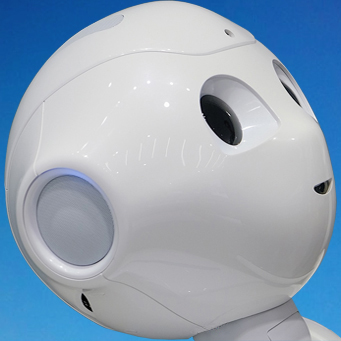
This is a brief interview with Precision Navigation Systems, a startup that provides precise GPS positioning for robots, drones, and IoT devices.
Can you briefly explain what your solution is all about? What’s special about it?
We are a Stargate RTK — GNSS correction service for cm-level positioning of robots, drones, and IoT applications.
We help companies that build autonomous robotic fleets and GNSS/INS solutions scale and operate in Europe, ensuring cm-level geolocation and navigation accuracy.
What led you to start or join your company? What is the key motivation and mission behind the startup?
Traditional GNSS correction providers have not yet adapted to the emerging needs of autonomous robots and their OEM suppliers, focusing primarily on construction companies, land surveyors, and farmers. With Stargate RTK, we are on a mission to make GNSS infrastructure accessible to swarms of autonomous devices, helping those who are in charge save their time and money.
What’s the biggest milestone your startup has achieved so far, and what has surprised you most on this journey?
Since 2018 our company went through a pivot of the main product to reach the product-market fit and survive the pandemic. After all, the most significant milestone is the first payment from a customer.
What are your goals over the next 3, 6, and 12 months?
This year became pivotal for us, as we finally reached a significant milestone, launched the product and got the first paying customer. Our main goal is to reinforce this early growth and tackle the following main challenges:
3 months: grow from 1 to 5 customers
6 months: continue the growth and attract ESA funding
12 months: raise external funding and grow the team.
What advice would you give to an entrepreneur trying to pave his/her way in this area?
Keep going: experiment with ideas and your business model, find product-market fit, and push it to the limits. Take care of your team and co-founders. No matter if you succeed or not, a strong team can pivot and tackle a different challenge. Don’t be afraid to make mistakes.
What one piece of advice would you give your 21-year-old self?
You did well. However, think even bigger and be bolder; launch more new projects and learn from the mistakes of yours and others.
